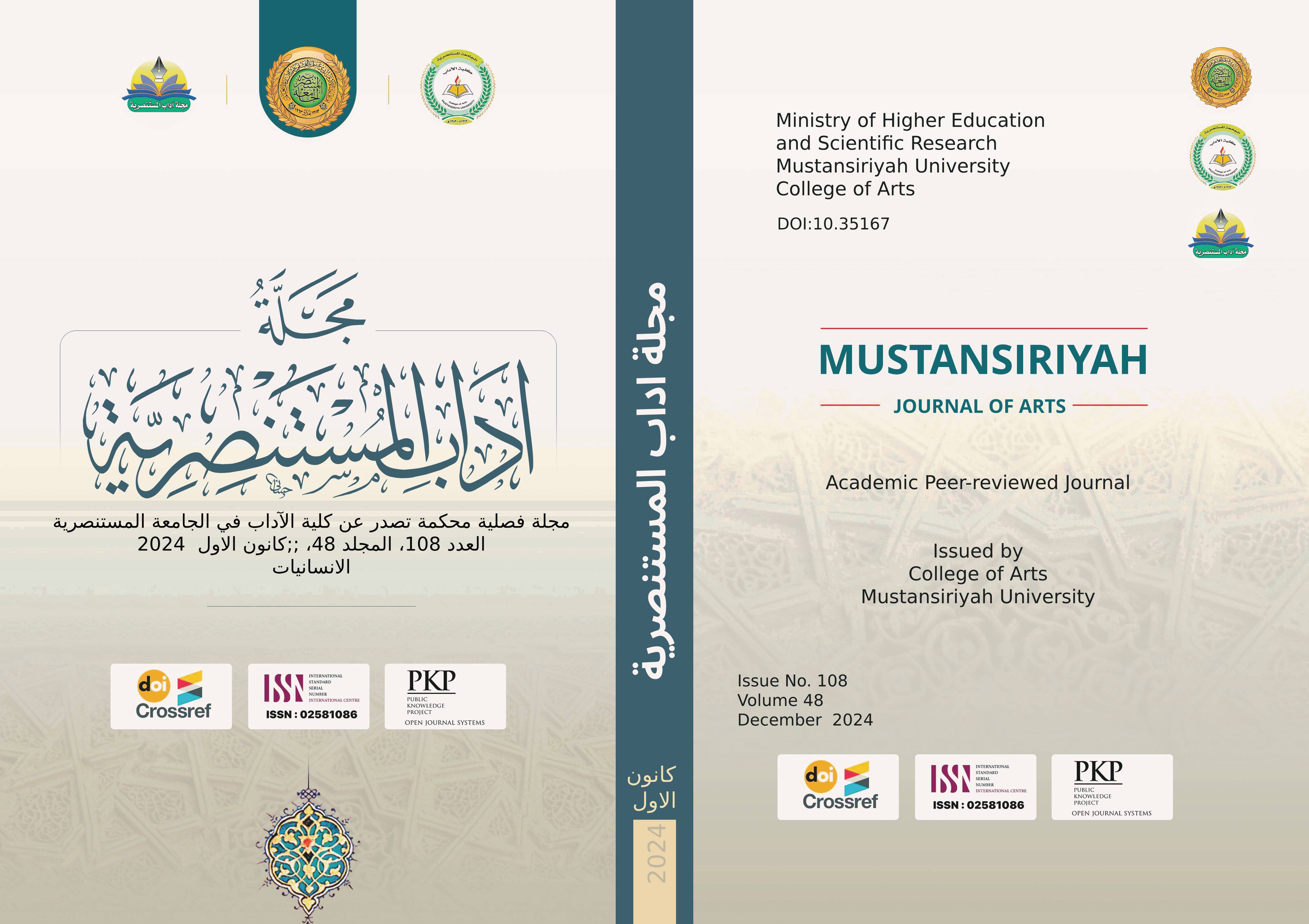The Mental Image of Iraqi Women After 2003 Among the Audience of Baghdad
Abstract
Since ancient times, women have participated alongside men in all stages of life and across various fields, contributing to the creation of societies. Thus, they have proven their capabilities as active social agents—not only because they represent half of society but also because they serve as the first school for the entire community. Given that Iraqi women have endured significant hardships, with various factors limiting their participation in life, this research focuses on studying their role and representation.
The study aims to present a new scientific analysis of the image of Iraqi women as perceived by the Iraqi public, especially after 2003. Additionally, it seeks to explore how traditional media and social media platforms have portrayed Iraqi women. The research adopts a descriptive methodology and uses a questionnaire distributed to a purposive sample of 160 participants in Baghdad's Karkh and Rusafa districts, consisting of males and females aged 20 and above.
The study's findings include the following key results: the mental image of Iraqi women after 2003 was neutral, and there is a positive correlation between the mental image of Iraqi women after 2003 and their participation in social, economic, and political fields.
Downloads
Published
Issue
Section
License

This work is licensed under a Creative Commons Attribution-ShareAlike 4.0 International License.


